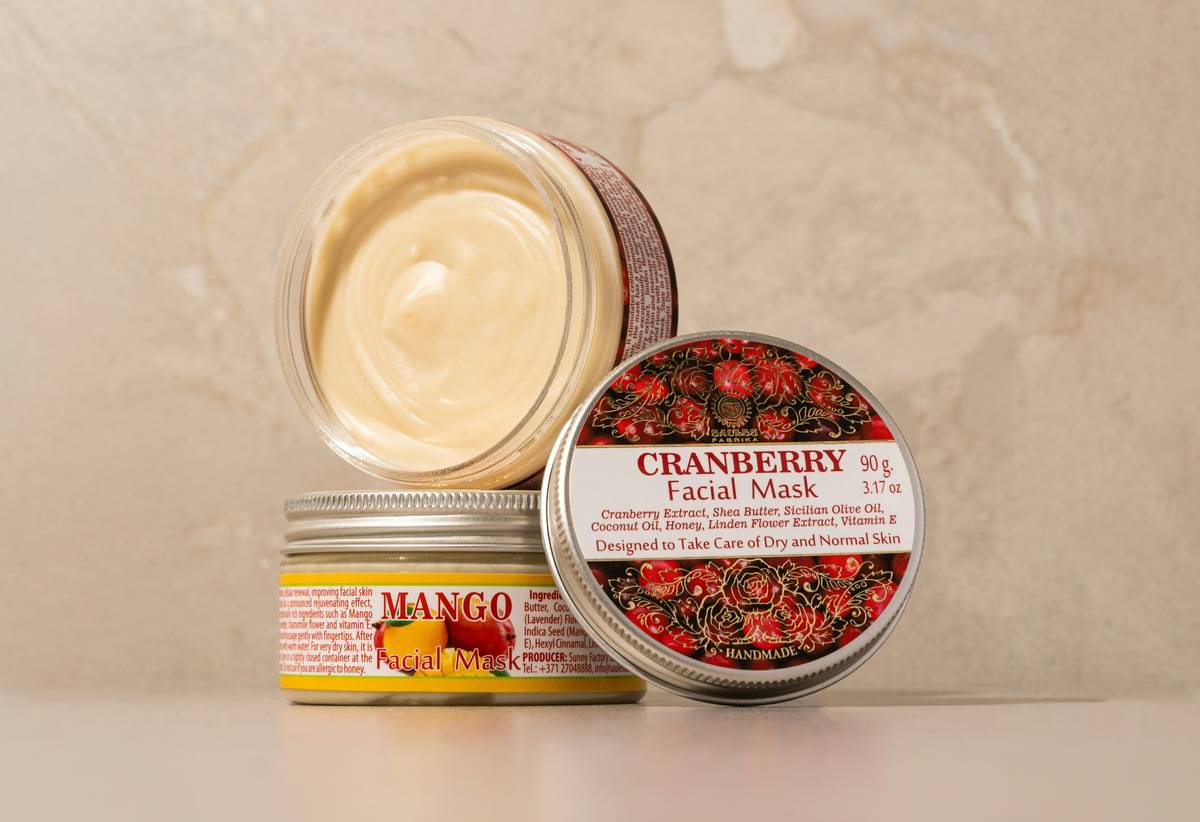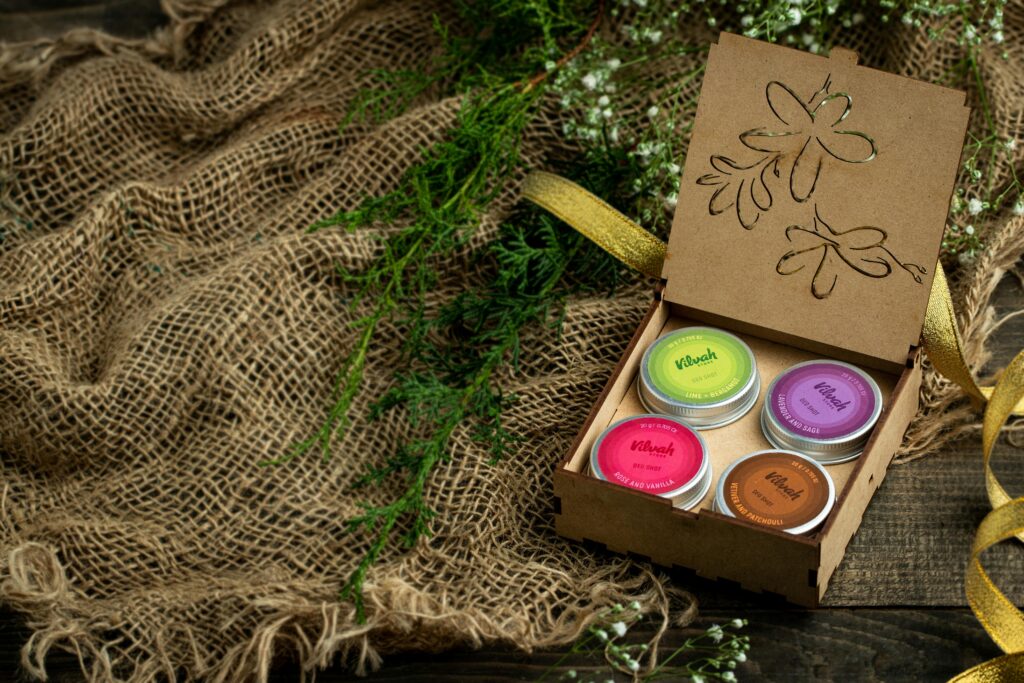Ever stared at your bathroom shelf and wondered why your moisturizer feels like it’s working against you, not for you? You’re not alone.
In today’s beauty aisle oversaturated with chemicals and synthetic ingredients, finding products that genuinely care for your skin can feel overwhelming. But here’s the kicker: organic skin hydrators are revolutionizing skincare one dewy glow at a time. In this guide, we’ll uncover why these natural wonders deserve a spot in your routine, how to choose the perfect match, and insider tips to maximize their benefits.
Table of Contents
- What Makes Organic Skin Hydrators So Special?
- How to Choose an Effective Organic Skin Hydrator
- Top Tips to Maximize Your Organic Skincare Routine
- Real Results: Success Stories Using Organic Moisturizers
- FAQs About Organic Skin Hydrators
Key Takeaways
- Organic skin hydrators use plant-based ingredients, free from harsh synthetics.
- Picking the right product depends on your skin type and ingredient preferences.
- Layering techniques and consistency boost hydration effectiveness.
- Users report clearer complexions and reduced irritation after switching.
What Makes Organic Skin Hydrators So Special?
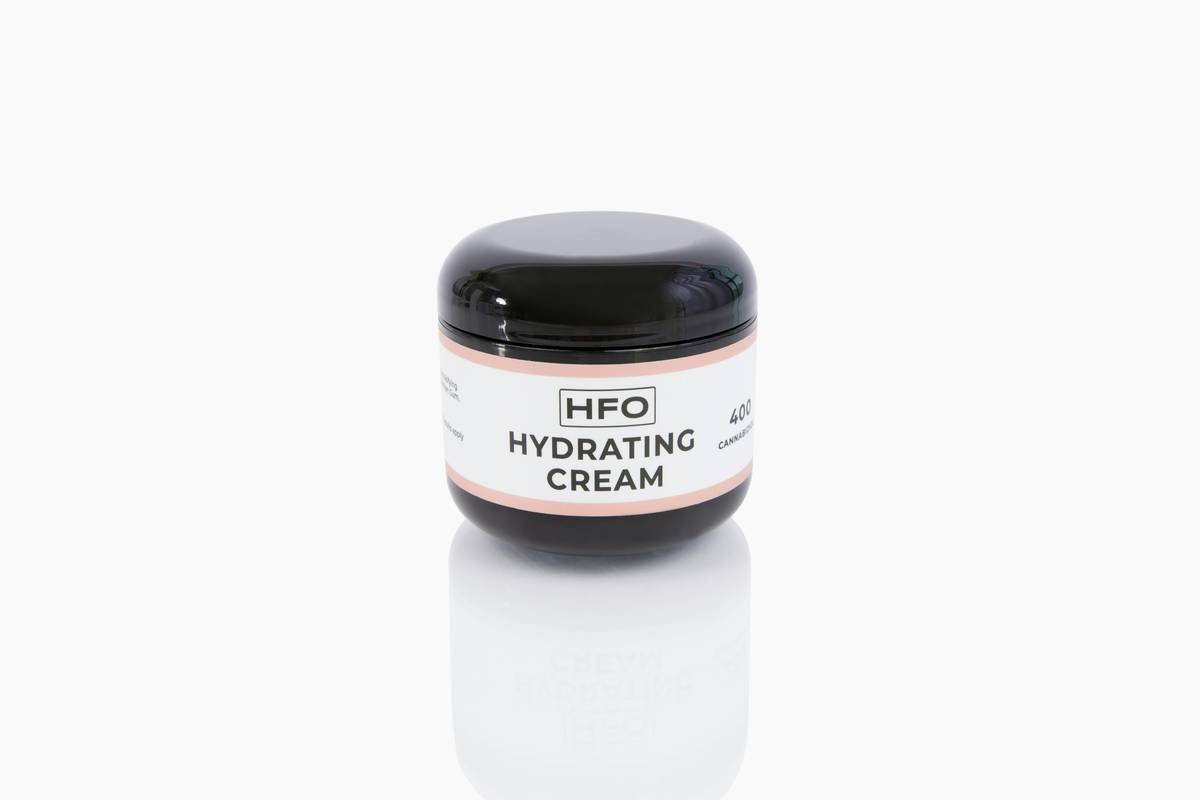
Imagine this: I once spent $80 on a “luxury” moisturizer packed with unpronounceable chemicals, only to wake up looking like I’d been wrestling cacti. It wasn’t until I switched to an organic skin hydrator that my breakouts calmed down, and suddenly, people started asking if I had gotten more sleep. Spoiler alert—I hadn’t!
But what sets these products apart? Organic skin hydrators rely on pure, plant-derived ingredients like aloe vera, shea butter, jojoba oil, and hyaluronic acid sourced responsibly. Unlike their chemical-laden counterparts, they avoid parabens, sulfates, phthalates, and artificial fragrances, which can wreak havoc on sensitive skin types.
Optimist You: “These eco-friendly options sound amazing!”
Grumpy You: “Ugh, but don’t they cost a fortune?” Fear not—we’ve got budget-friendly picks ahead.
How to Choose an Effective Organic Skin Hydrator
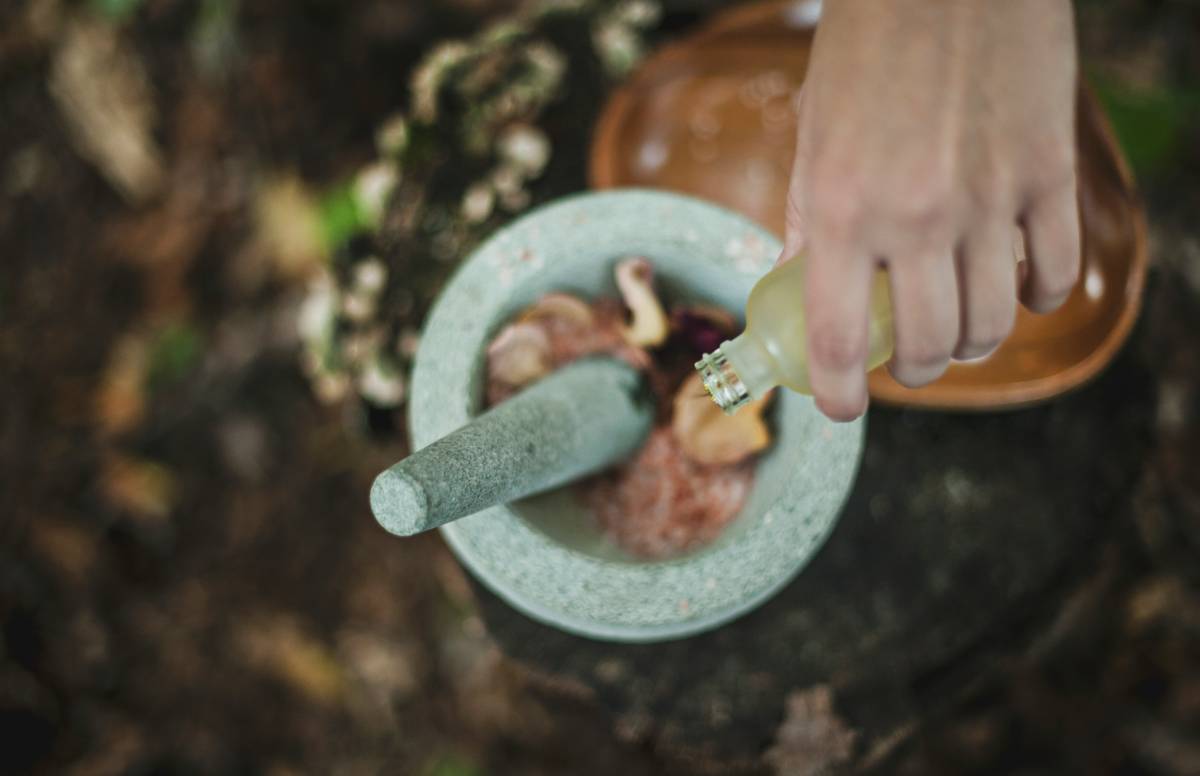
Selecting the ideal organic skin hydrator feels like dating apps—so many choices, so little trust. Here’s how to swipe right:
Step 1: Know Your Skin Type
- For Oily Skin: Seek lightweight formulas with green tea or witch hazel.
- Dry Skin: Opt for richer creams containing shea butter or avocado oil.
- Sensitive Skin: Look for calming ingredients like chamomile or calendula.
Step 2: Check Certifications
Labels matter! Look for USDA Organic, COSMOS, or Soil Association seals to ensure authenticity. Without them, you might be getting duped by clever marketing—not exactly *chef’s kiss*.
Step 3: Scan the Ingredients List
Rule of thumb: If you can’t pronounce half the words, walk away. Bonus points for cold-pressed oils and non-GMO extracts.
Top Tips to Maximize Your Organic Skincare Routine
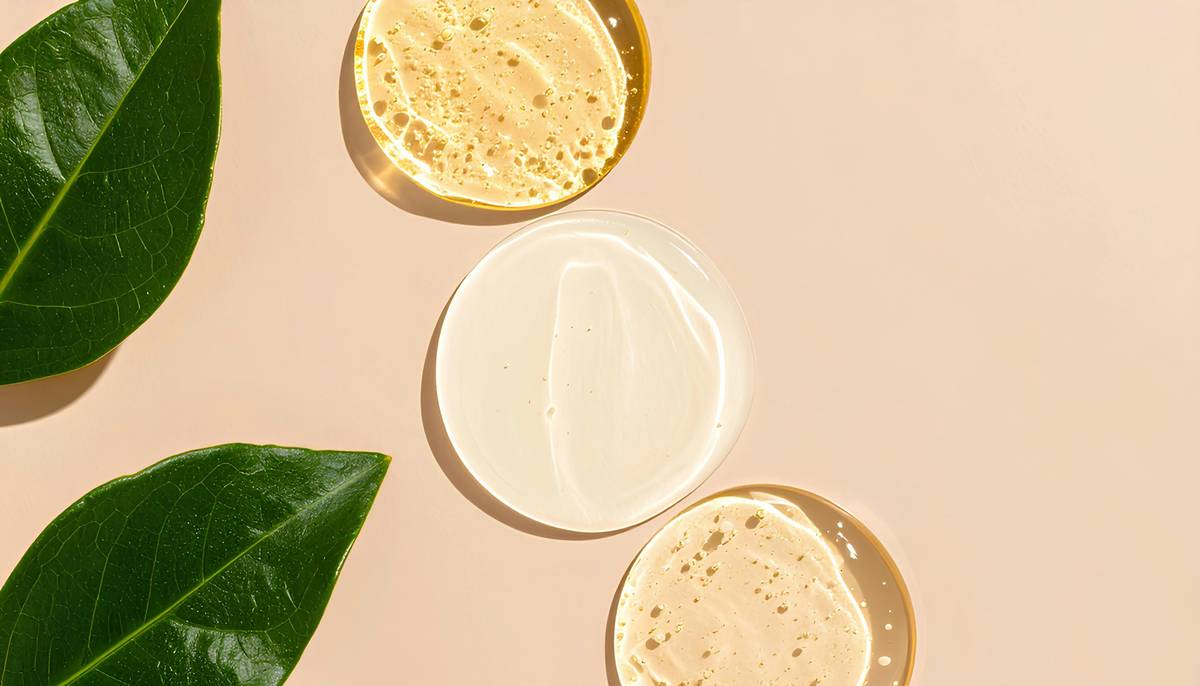
- Tip #1: Cleanse First. Always start with a clean canvas; dirt buildup sabotages even the best organic skin hydrator.
- Tip #2: Layer Strategically. Apply toner, serum, then moisturizer in that order for maximum absorption.
- Tip #3: Be Patient. Organics work harmoniously with your skin over time—not overnight. Think marathon, not sprint.
- Terrible Tip Disclaimer: DON’T mix lemon juice into your moisturizer as a DIY hack unless you want to burn your face off (yes, someone actually did this).
My Biggest Pet Peeve?
The misconception that all-natural equals 100% safe. Just because something grows out of the ground doesn’t mean it won’t trigger allergies. Always patch-test first—it’s skincare science, not magic.
Real Results: Success Stories Using Organic Moisturizers
Take Sarah, who struggled with eczema-prone skin for years. After switching to a certified organic skin hydrator rich in oat milk and rosehip oil, she saw a dramatic reduction in redness and flare-ups within weeks. Or Alex, whose acne scars faded significantly thanks to consistent use of a hydrator infused with vitamin C and turmeric.
And yes, before-and-after photos exist—and they’re stunning proof of transformation sans toxins.
FAQs About Organic Skin Hydrators
Q: Are organic moisturizers suitable for teenagers?
Absolutely! Their gentle formulations make them ideal for youthful complexions prone to sensitivity.
Q: Can I use organic skin hydrators under makeup?
You bet! Many create smooth bases without interfering with foundation or concealer.
Q: Do organic products expire faster?
Since they lack preservatives, yes—but most come with six months to a year of shelf life. Store properly, please!
Conclusion
Gone are the days of sacrificing skin health for trendy packaging. With organic skin hydrators, you can nourish your complexion naturally while supporting sustainable practices. Remember to choose wisely, layer smartly, and give yourself grace along the journey.
As promised, your quirky treat:
A haiku moment—
Skin loves green goodness,
Glow on, glow strong forever.
